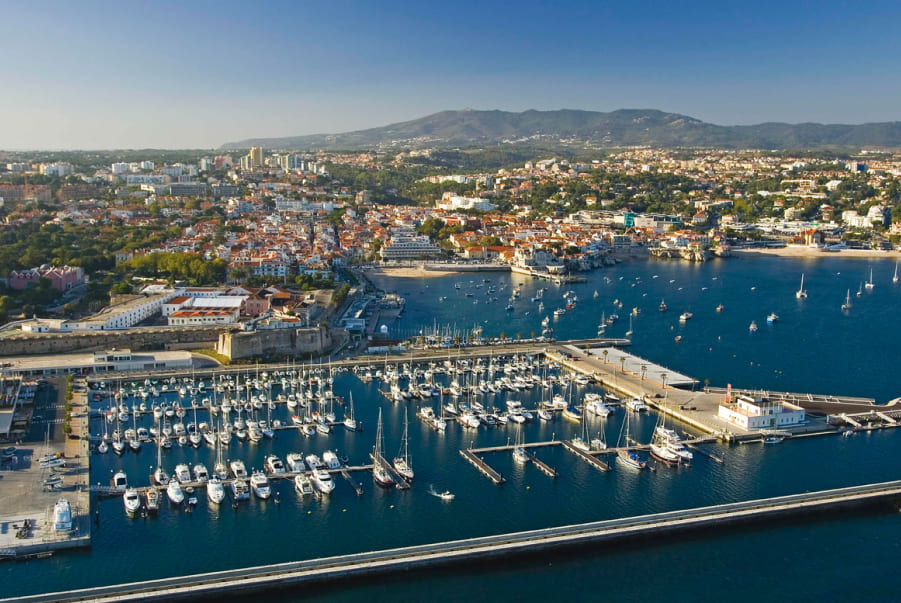Recognition of união de facto through the court: legal assistance
We help confirm cohabitation officially through the courts in Portugal. Experienced legal support at all stages of the process.
We help confirm cohabitation officially through the courts in Portugal. Experienced legal support at all stages of the process.

Cohabitation (in Portuguese — união de facto) is the official recognition of a relationship between two people who live together and maintain a shared household, but are not married. Portuguese law grants certain rights similar to those of married couples even if the union is not formally registered.
In many cases, it is enough to register união de facto at the Freguesia (local parish). However, there are situations where confirmation of união de facto is only possible through the court. This is required when it is necessary to prove the existence of the relationship for the protection of rights — for example, for inheritance, joint residence permits, social security, or division of property after separation or death of one of the partners.
Judicial recognition of união de facto may be required in the following cases:
In such cases, official recognition of the union is impossible without the support of legal representatives. A claim must be filed, and evidence of cohabitation must be presented in court.
Judicial recognition of união de facto begins with filing a claim with the appropriate court. The claimant must provide evidence showing that the couple lived together and shared a household.
Usually, the following documents are required:
Each case is individual, and the set of documents depends on the circumstances. That’s why legal representation is essential — a lawyer will help structure the evidence and properly present it in court.
The court recognition procedure of união de facto is more than just filing an application. It is a full legal process requiring knowledge of Portuguese law and judicial practice. Legal help is especially important in the following cases:
A lawyer not only helps properly prepare documents but also protects the client’s interests in court, minimizing the risks of denial.
We offer comprehensive legal support for the recognition of união de facto through the court. This includes:
We can also coordinate with other institutions — the immigration service, social services, notaries, and lawyers from the other party, if necessary.
The cost of the service depends on several factors:
After analyzing the situation, we always offer an individual approach based on the client’s goals and options.
We know how important it can be to have a união de facto recognized — for legalizing status in the country, protecting family or inheritance rights. The MoveToCascais team offers:
We work with care and attention to people and situations so that your legal matters are resolved calmly and reliably.
Some services can be challenging to handle on your own. Trust our team of professionals to guide you through every step.
It is an official cohabitation status of two people living together for more than two years, not married, but sharing a household. The law gives such a union some of the same rights as marriage.
No, in simple cases, registration at Junta de Freguesia is enough. But if you need to prove the relationship in a legal situation (inheritance, immigration), court recognition may be required.
t depends on the complexity and court workload. On average, the process may take from several weeks to a few months. Good preparation helps speed it up.
Not always. To be valid, it must be officially registered in the country of residence and comply with local laws. In some cases, it’s necessary to have the união de facto recognized again through court in Portugal.
Formally — yes. But in practice, without legal support, it is very difficult to prove the fact of cohabitation, especially in complex cases. A lawyer can help structure the evidence and correctly draft the claim.
artners receive rights to social benefits, medical insurance, inheritance, and the possibility of family reunification within the framework of immigration. This is also important in the division of property and rights to alimony.
We collect evidence, prepare documents, and submit the claim on your behalf.
Full support of the client in court: protection of interests, participation in hearings, preparation of arguments.
Analysis of your situation, determining the strategy, answering questions about the law.
We help in recognizing relationships between citizens of different countries and interacting with foreign jurisdictions.

Get professional support at every stage
We will help confirm official cohabitation through the court in Portugal. Fill out the form — and we will contact you to discuss your issue and suggest a solution.
If you have an in-person visit to the immigration service (AIMA) — for a visa, residence permit, or renewal — we will provide a lawyer to accompany you, ensuring that your interests are protected and taken into account.
We handle court cases of various categories: from immigration and civil to administrative. We protect our clients at every stage, carefully prepare documents, and represent your position in court.
If it is impossible to book an AIMA appointment through standard means, we submit an official court request to set a date. This is a legal way to speed up the process.
Received a refusal from the immigration service? We will prepare and file a legal complaint to challenge an unfair decision and defend your rights.